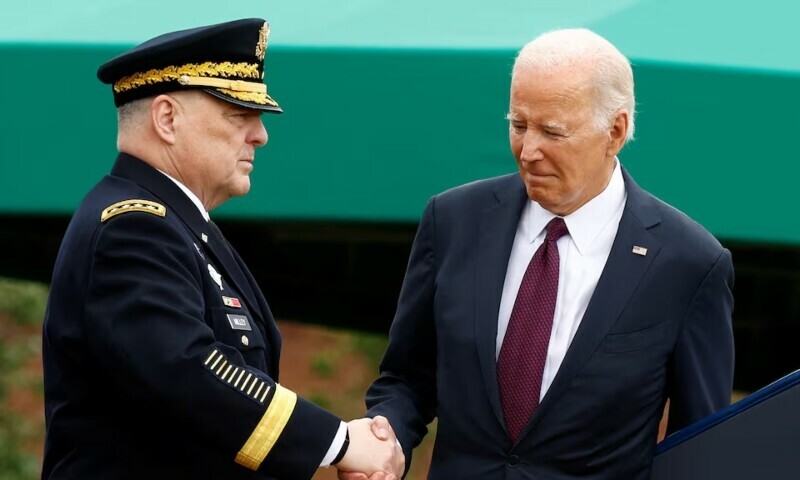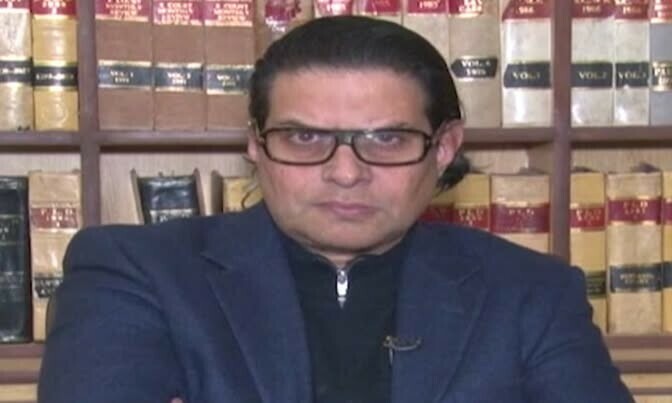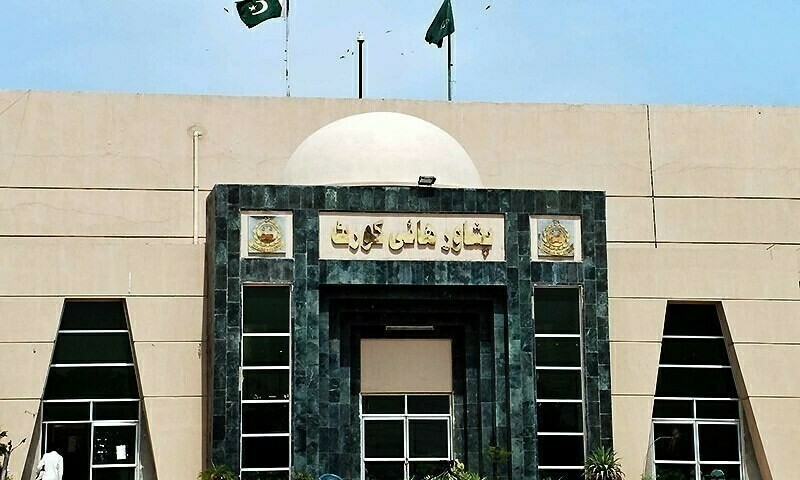Justice Syed Mansoor Ali Shah on Monday asked the Supreme Court deputy registrar why the case related to the court’s jurisdiction was not fixed for hearing yet.
Last week, the SC was supposed to deliberate on a recurring question about whether regular benches could hear matters involving the constitutionality of laws, following the establishment of the Constitutional Bench under the 26th Amendment.
However, at a January 16 hearing, the SC deferred the deliberations until Jan 20 (today).
Headed by senior puisne judge Justice Shah, a three-judge SC bench earlier noted that it had become necessary to resolve the controversy in light of objections raised during proceedings and the reply provided by one of the lawyers.
The deliberation was pushed to Jan 20 following a change in the bench’s composition, with Justice Aqeel Ahmed Abbasi replacing Justice Irfan Saadat Khan as its third member, who was previously part of the court when the issue initially cropped up.
The bench was hearing an appeal filed by the federal government through the revenue division against the Sindh High Court’s decision to strike down Section 221-A(2) of the Customs Act, 1969.
At the outset of today’s hearing, Justice Shah summoned additional registrar Nazr Abbasi.
Advocate Salahuddin Ahmed, representing the respondents, also appeared in court. He noted that he had travelled from Karachi just for this case but the cause list had not been issued. “The court had ordered to schedule the case for today”.
“We were not informed about anything in this regard,” Justice Shah said, following which he summoned the additional registrar to inquire why the case had not been scheduled.
However, deputy registrar Zulfiqar Ahmed appeared in court, stating that the additional registrar was unwell and on leave.
When asked, the deputy registrar responded by saying: “The judges’ committee decided that the case related to the 26th Amendment will be heard by the Constitutional Bench on Jan 27.”
“I myself am part of this committee and I am not aware of this,” Justice Shah said.
“How can the administrative committee ignore the judicial order?” Justice Ayesha Malik asked.
Justice Abbasi asked the deputy registrar if the court order was placed before the committee, which the latter affirmed.
“Why was the whole week’s cause list changed?” Justice Malik asked. “We had scheduled tax cases which were changed.”
The deputy registrar said no written order was received from the judges’ committee.
“If the committee order was not received then why was the case not scheduled?” Justice Shah wondered.
“How can a scheduled case be transferred to the Constitutional Bench?” Justice Malik wondered.
“No one, including the chief justice, has the authority to transfer a case,” Justice Abbasi said. He went on to say that similar attempts were made when he was at the Sindh High Court.
Justice Malik asked why other cases were delisted, noting that the cases had been scheduled under court orders.
“The research officer has noted that cases based on legal questions will be heard by the Constitutional Bench,” the deputy registrar said.
“Will the research officer now review the court orders to see if they are correct or not?” Justice Malik asked. “Never in my career has it happened that a case has just vanished like this.”
“Everyone, including the chief justice, is bound by court orders,” Justice Abbasi noted.
The court sought details of the order passed by the judges’ committee and the meeting minutes. “If there is any written instruction as to why the week’s cause list was changed, please submit that too,” Justice Malik directed.
The deputy registrar informed the court that the minute meetings of the judges’ committee had not yet been received.
Following a short break in the proceedings, the court issued a show cause notice to the additional registrar asking why the case was not scheduled for today. He was summoned in person.
The case was adjourned until tomorrow.





Leave a Reply